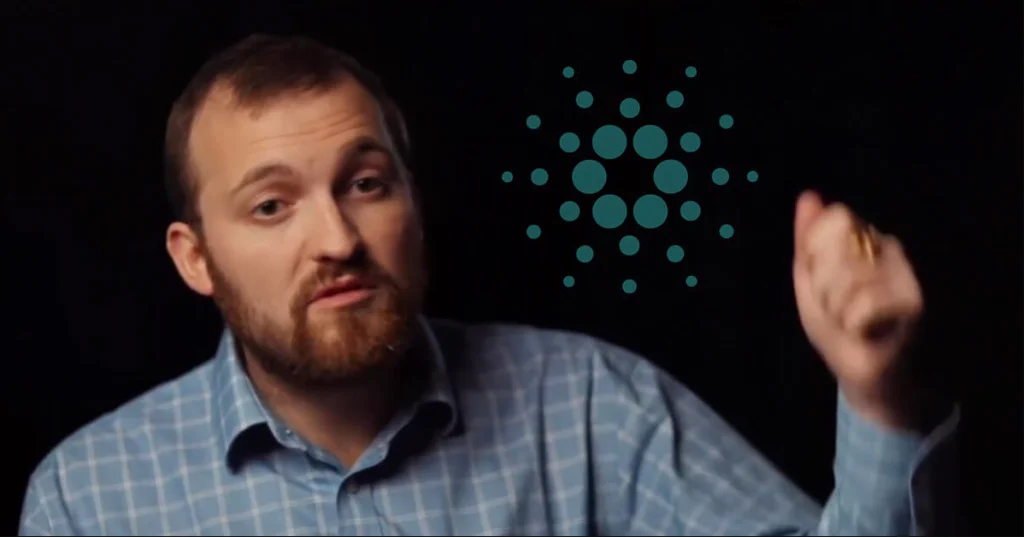According to IOG CEO Charles Hoskinson, the term “smart contract” is a misnomer when it comes to Cardano.

Hoskinson advises that the new feature be referred to as “programmable validators” by the community.
Matthias Benkort, an IOG developer, first noticed the semantic mistake. In his thread, he states that due to its eUTXO transaction format, Cardano’s programmability is vastly different from those of competitor blockchains like Ethereum and Solana. As a result, smart contracts cannot be deployed on Cardano:
Unlike Ethereum, Solana, Algorand and al, there’s no such thing as “deploying” a smart-contract on Cardano. Instead, validators are implicitly referred to by hashes prior to their use, and they are disclosed upon activation.
Adding to this, Benkort argues that the community has a tendency to confuse validators with smart contracts.
However, he concedes that adopting other words, such as “on-chain validators,” will be difficult from a marketing standpoint:
In the end, “smart contracts” feels like an imprecise term. Rather, I’d prefer more specific terms such as “on-chain validators” and “off-chain code”. I reckon this is a hard one for marketing though.
On September 12, Cardano released the long-awaited Alonzo hard fork, which has been dogged by controversy due to the coin’s concurrency issue. In less than 24 hours, 100 smart contracts were successfully deployed on the network.
Despite the fact that Cardano is a latecomer to the decentralised finance party, with Ethereum currently ruling supreme in the field, Hoskinson has always been sceptical of the concept of first-mover advantage in the area.
